Really Piedmont? Is that your best excuse?
February 9, 2021
![]() There are many issues circulating around the no-spectator policy, such as hypocrisy, a lack of communication and respect.
There are many issues circulating around the no-spectator policy, such as hypocrisy, a lack of communication and respect.
This policy states that Piedmont College will “not be allowing spectators at any home events, including students, faculty, staff, family members or off campus visitors.”
Yet, CAB has added a formal to their event calendar at the end of the semester. On Sept. 10 Piedmont hosted its first public theatre performance of 2020, allowing non-essential personnel to view plays, concerts and art exhibits in closed and confined areas. Just as the audience is crucial to any performance, “It is commonly accepted that cheering positively influences a team’s performance.” According to the Psychology Educator, “This is why the ‘home court advantage’ is so coveted; when playing in their home city, a team receives much more support from the crowd in attendance.”
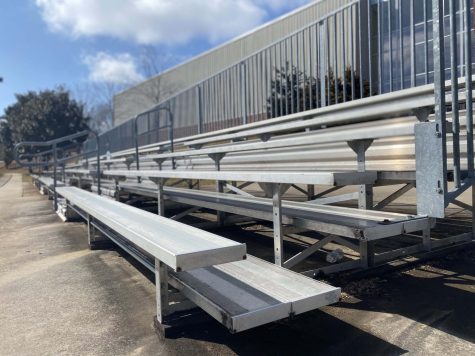
The COVID-19 guest policy states that students may not invite non-Piedmont College students, faculty or staff onto campus with “few exceptions made.” Consequences for not following the policy, result in a judicial meeting or the possibility of a two-week suspension from school. The email that Jim Peeples, Director of Intercollegiate Athletics, sent out to the coaching staff used the COVID-19 guest policy as the backbone for the no-fan policy. Where is this policy for the fine arts department?
Despite the lack of consistency across departments, there is also an uneven pressure of concern around outdoor events versus more populated areas. COVID-19 would spread much faster across the Caf than it would an outdoor sporting game. At its busiest hour, every seat is taken by a student without a mask in order to eat. Even so, the Caf has resumed many of its pre-COVID-19 practices — including the use of the dish pit, plastic cups and real silverware. When the decision was made and students were made aware of the news, the only reasoning provided was “to keep our campus safe.” However this is not consistent. There are more students in class than the women’s lacrosse team has on their roster. The CDC has even claimed that “you are less likely to be exposed to COVID-19 during outdoor activities, even without the use of a mask.” Therefore, you are at a lower risk going to sporting events than going to class or the Caf.
From players wearing masks during every practice, 25% of athletes on each team getting COVID-19 tested bi-weekly and doing the Lion Check every day under the threat of not playing in practice or a game, student-athletes have practiced the most diligence surrounding COVID-19 on campus. There is already so much to lose and President Mellenchamp just threatened to take away what we are already fighting so hard to keep. Student-athletes should feel supported, not threatened.
The concern isn’t about the hypocrisy alone. The improper distribution of a decision that impacts a large portion of the student-body should not have been sent solely to the coaching staff to be relayed to the students. The hiding behind the coaching staff by sending a student-athlete addressed email to the coaches is unprofessional and improper. According to “Dynamics of Media Writing,” a textbook all Piedmont mass communications students are assigned, “If things come out in drips and drops, the problem will remain in the public eye longer and the public will become more suspicious of the organization.” Since the message was sent indirectly to the student-athletes, it felt like the administration was afraid of the conversation that would ensue. “Losing the trust of the audience is the worst thing that can happen, and hiding things will essentially guarantee this result.”
Not only did the email not go directly to students, but many people (students, family and fans) found out about the updated policy through social media. The impact of not hearing this heart-breaking news from the administration themselves felt very dirty. If they were going to enforce a new policy that they were confident in, then why would they not tell the student-athletes themselves?
The actions that took place Friday, Feb. 5, completely undermined the relationship between the President and the students. “If I find that the policy is being circumvented in any way, I will have no alternative but to shut down the remainder of the season,” wrote President Mellenchamp in an email addressed to student-athletes, sent to coaches. By threatening to cancel an entire season for the actions of a few, the President has shown a major discontent with student-athletes. This inability to be open to negotiations or a conversation with the student body regarding the attendance of home games shows little faith and respect towards student-athletes and their families.
Our mass communications textbook says, “Good public relations practitioners will espouse the benefits of transparency.” The lack of respect is emphasized by not telling the student body what impacted this decision.
The book also states that practitioners should “push for a full accounting of what happened and a public display of that information.” The lack of respect is emphasized by not announcing why the school policy is much more strict than the conference policy – which states that spectators should be “limited to the students, faculty, and staff of the host institution.”
Student-athletes keep being told to be thankful for what we have – that we have the possibility of playing, that the President has done what he can for us. While we are not ungrateful for the opportunity that we have, it is extremely difficult to watch our college make exceptions for other departments, and our conference allow spectators for other teams. Our concerns have been expressed to administration, but there is no communication coming back answering our pleas. There must be a solution that benefits all parties.
Please do not misunderstand the meaning of this editorial. The intention is not to bash the Caf, fine arts department or class structures, but to prove a discrepancy in how student-athletes have been treated and how we are expected to comply without challenge. We are asking for equality, for the administration to take a step back and evaluate all of the possibilities and to be included in the conversation.
So Piedmont, we haven’t really heard your excuse. Let’s talk.
—Unanimously supported by the editorial board.


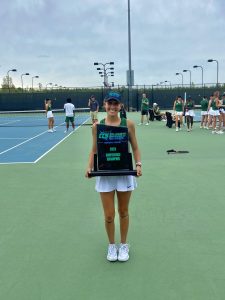



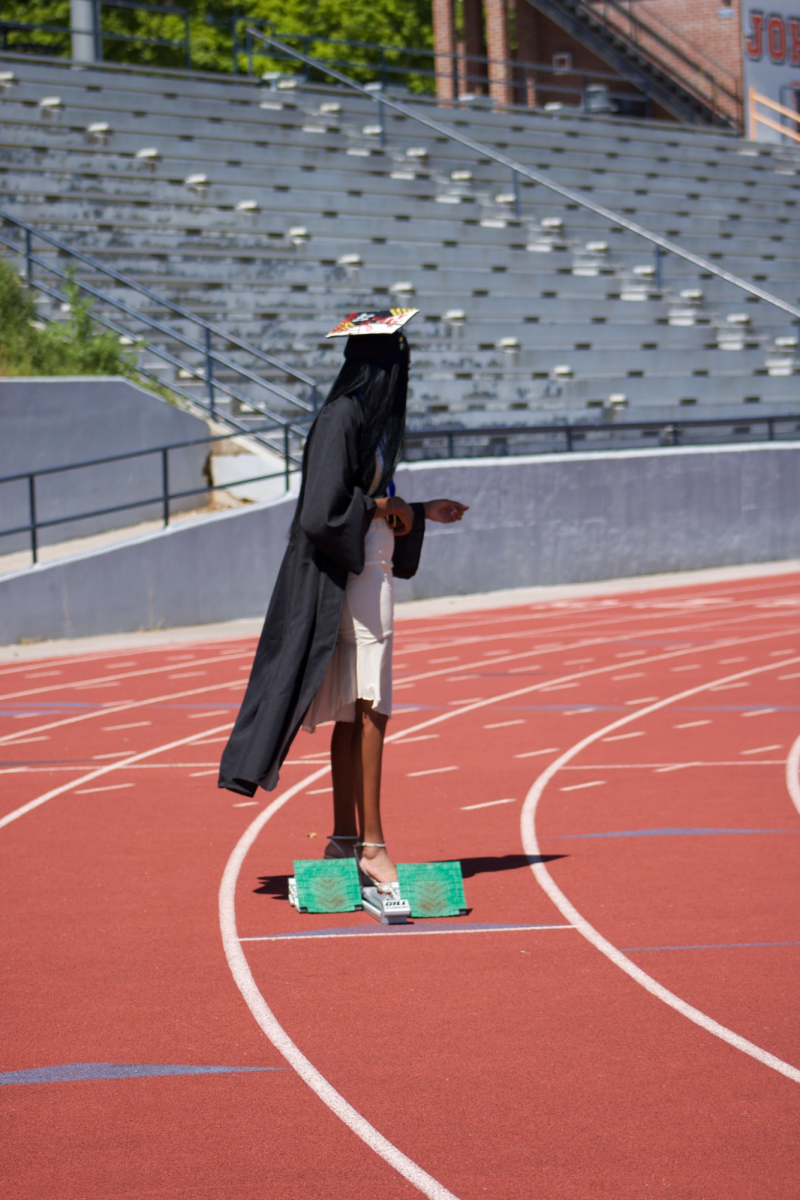

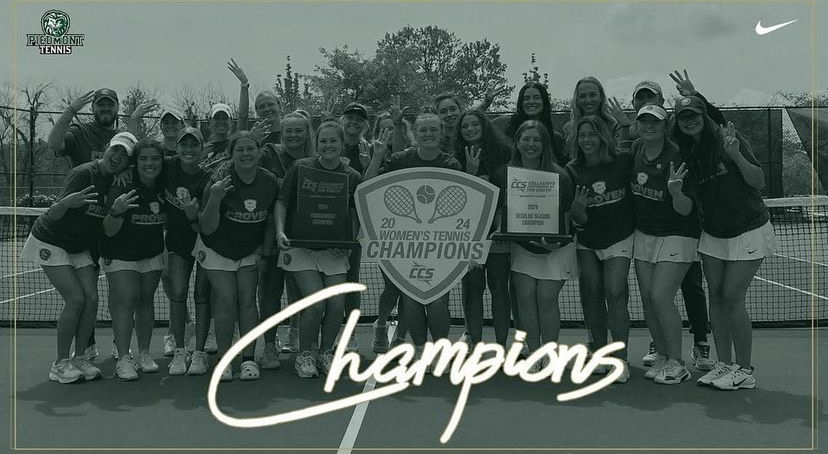
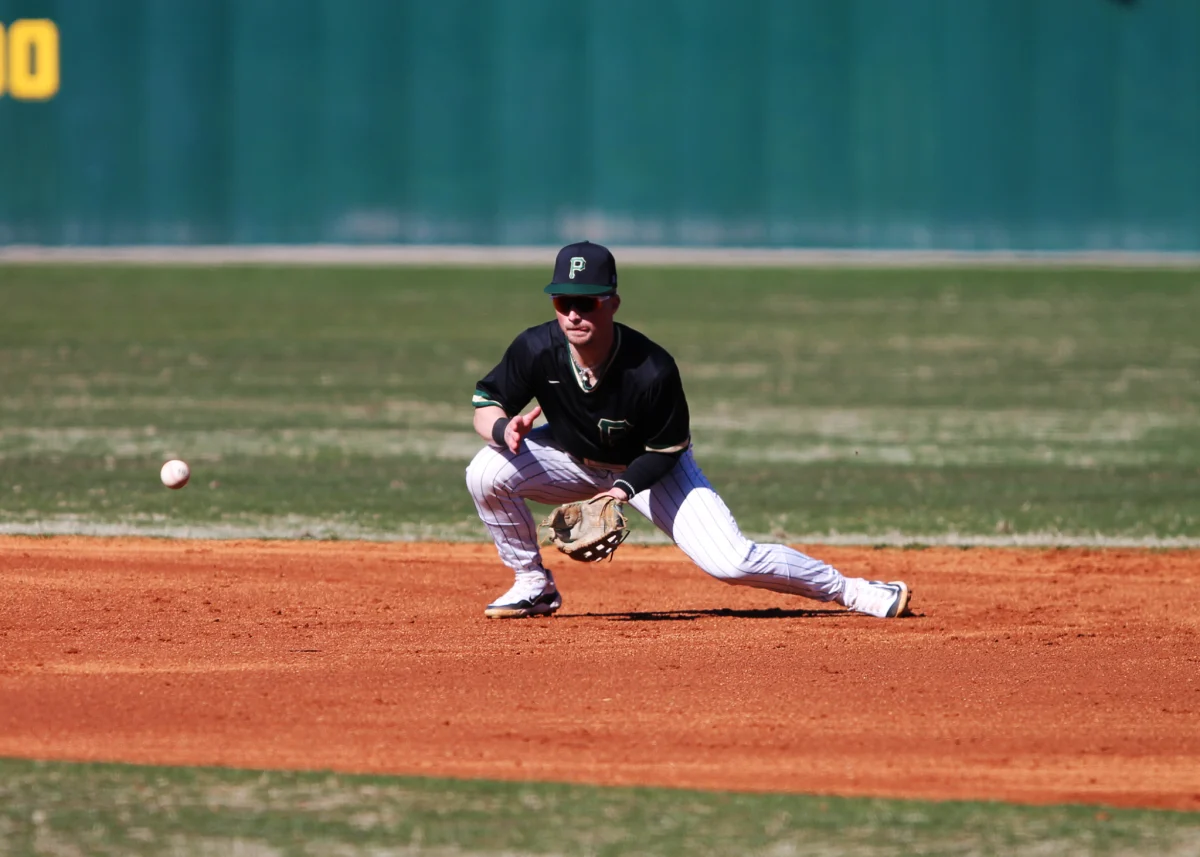


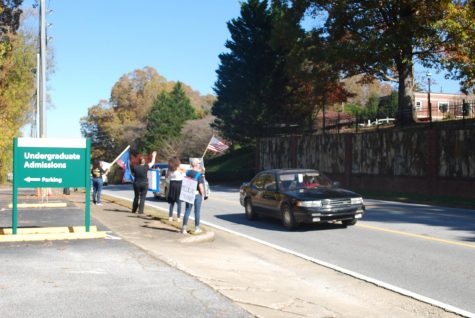
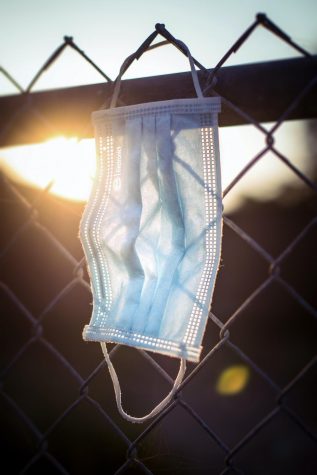
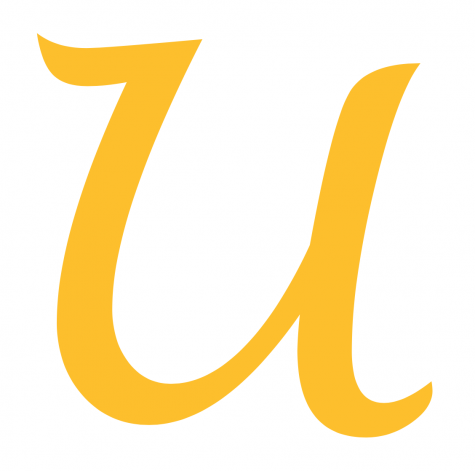

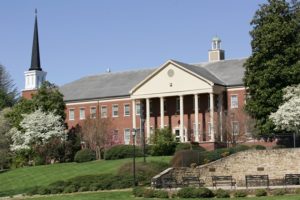
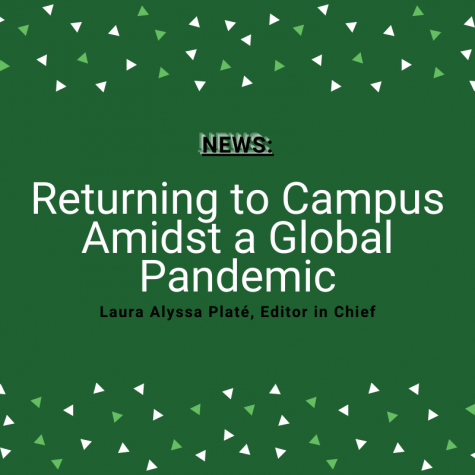
J. Maclean Tadlock • Aug 23, 2021 at 9:41 pm
I know I’m really late to this, but this is COMPLETLY UNACCEPTABLE! The student-athletes should not be treated like this and should not be disadvantaged by not having their classmates there to support them. The fans, the supporters (whatever you want to call them), are one of the MOST IMPORTANT ASPECTS of sports. To ONLY take that away from Athletics Department is ABSOLUTELY UNFAIR!
Amanda Vaughn • Feb 12, 2021 at 7:44 am
Kudos to the editorial staff for having the guts to write an article encompassing what every student-athlete on your campus is feeling, as well as their families. Thank you for being the voice of ALL student-athletes when Piedmont’s President is refusing to. This is indeed a sad time for all. I pray that all the students will come together and make their voices be heard.
BS • Feb 10, 2021 at 3:45 pm
Absolutely ridiculous & quite frankly inconsiderate. You are taking the fun & the excitement away from these short-lived years for these athletes. They grew up their whole lives eat, sleeping, and breathing sports for this very moment, to play at the collegiate level and now they are getting joy and excitement from their fans and the atmosphere taken away from them. They don’t know the game without that fan based atmosphere.
On top of the fact, parents & families who have put in the years to help these athletes get to the place they are now, the place they longed to be in, can’t even go support their family because of this absurd rule.
Heather Loftis • Feb 10, 2021 at 1:36 pm
Hopefully a new perspective will be available soon to the Athletic department at Piedmont in regards to spectators. With Spring approaching, outside events are inevitable. Baseball is Americans favorite past time. I do believe we should all be safe and consider one another. With that being said, I’m ready to watch some Piedmont sports!
Parents of a student
Carrie Lampkin • Feb 10, 2021 at 11:11 am
Well said and very well written to “Anonymous” that wrote this amazing article!!!
This whole thing just breaks my heart. I absolutely hate it!!!!!!!! The fact that I can not watch MY granddaughter play collegiate Soccer is so incredibly WRONG. The fact that Piedmont parents can’t watch their children play any sport is WRONG.
Piedmont, I am so disappointed in you.
?????
Julie Smith • Feb 10, 2021 at 10:25 am
I feel it’s pertinent for players to have support of spectators to cheer them on for their hard work they are out there to achieve to make the school look good…ESPECIALLY during a time like this! I have personally seen where another school that Piedmont does play against in lacrosse will ALLOW the students, staff, and faculty (with proper mask & 6-ft spacing) to attend their home games…so why is it SO hard for Piedmont to allow the same when these students, staff members, and faculty members have already been around each other since August?
BL • Feb 10, 2021 at 7:48 am
Ridiculous. The power that sports can have in changing lives and bringing communities together is totally disregarded by the President, just because he never played a sport himself. Athletes are pretty much in a “bubble” when playing and are far less likely to catch Covid than a campus play.
The audacity of those in control of this campus to send an email to the coaching staff, rather than have a meeting to agree to disagree and come to a resolution that benefits both sides is bizarre.
Good luck to Piedmont student athletes through this ridiculous attempt to contain power amongst them. Grind through this, it will pay off in the end. Stay focused, don’t let this distract you from the goal of winning a conference championship. Show the campus, and the President that they can’t take away your willingness to succeed through adversity.
Congrats Mr. President, for motivating the student athletes to prove you wrong. For giving them a chip on their shoulder. Just don’t be surprise when they don’t celebrate their achievements with you.
Christopher Pannenbacker • Feb 9, 2021 at 5:55 pm
I believe that it is unfair for athletes to not be able to have spectators. If the theater department can have spectators indoors why can’t athletes have spectators outdoors?